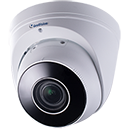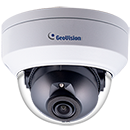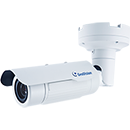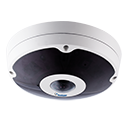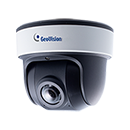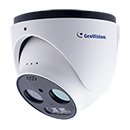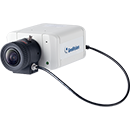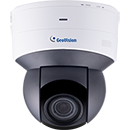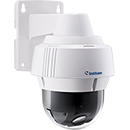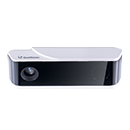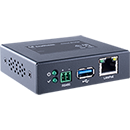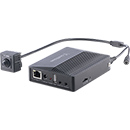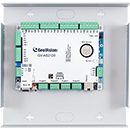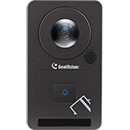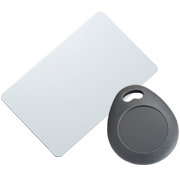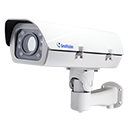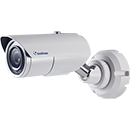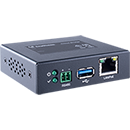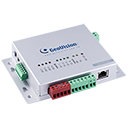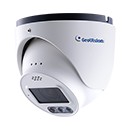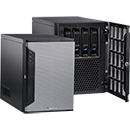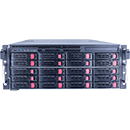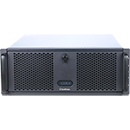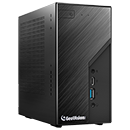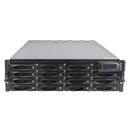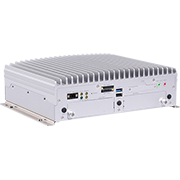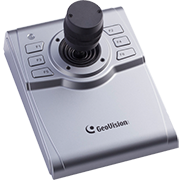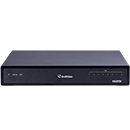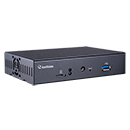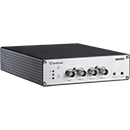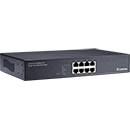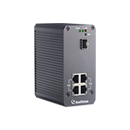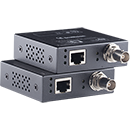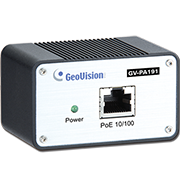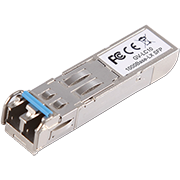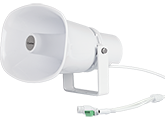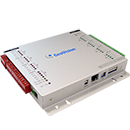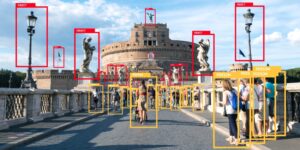
Have you ever wondered how the security industry can benefit from Artificial Intelligence (AI)? Before we dive into the details of the various applications that AI has to offer, we must talk about the processors first. AI is the computer science that enables machine intelligence, which requires several processors like CPU, GPU and NPU to work collaboratively. CPU, also known as the brain, is the control center that processes, calculates and converts the data. But with the amount of image data increased, the GPU has come into place to carry out faster computation by performing several calculations at a time with its parallel processing architecture. NPU, often linked with deep learning, is an AI oriented chip that uses neural network to constantly learn and adjust from the inaccurate outputs/results to reduce error rates.
With the support of these processors, AI has been applied to different fields such as natural language processing, computer vision, machine learning, etc., which are highly useful for security surveillance, object searching, smart retail, smart factory, intelligent healthcare and intelligent transportation sectors.

Everyday surveillance systems are capturing large amounts of data for further analysis. However, when an event occurred, only 20% to 40 % of these data are significant with the rest of them either inadequate or mistakenly retrieved. As the result, the need to improve data usage efficiency and accuracy has accelerated the adoption of AI. With its capability to automatically recognize, analyze, trace, understand and describe images, the security industry is optimistic about integrating AI into surveillance systems to enhancing intelligent video analytics and turning more data into actionable insights.
Computer vision is one of the applications of AI. When it is bundled with other video analytics methods, it can automatically recognize and analyze video data in its correct image sequence to performing tasks like target detection, target segmentation, target recognition, target tracking, which altogether allow user to draw a conclusion of a particular behavior or situation to further make better a management decision.

Intelligent applications are ubiquitous, with increasing popularity in transportation, factory, retail and healthcare sectors. With the development of AI, machines will be highly dependent of GPU, CPU and NPU, and other high-speed processors to process the ever-increasing amount of data in the future. As the introduction of AI gradually revolutionizing the industry, it is time for companies to think about how to integrate AI with their products and technologies to optimize product values and expand businesses.
The security industry is going to speed through the development of AI in the next five years. If 2018 is the year when the foundation of machine visions and deep learning in AI will be built, then we are expected to welcome intelligent digitalization in 2020. AI integrated components and products will soon be able to work seamlessly with IT and big data platform to provide well-around solutions for different verticals.
In the era of IoT and security, staying on top of emerging technologies and selecting the most appropriate components are key to successful product and application development.
Source: a&s Magazine
